Graveland “Be Like Valkyria” tshirts have been released. Additional news items:

- Graveland “Thunderbolts of the Gods” will include 5 new songs, all bass guitar parts are recorded, I just now must write lyrics and will record vocals, and the album will be ready. The album will probably be released in September 2012!
- Next two new Graveland songs are for a split CD with Polish Pagan Metal band Bialy Vitez. Split CD will be released by Eastside Rec.
- New polish version of the album “Memory and Destiny” will be released under title “Pamięć i Przeznaczenie”, limited digi pack, totally new mix, re-recorded drum, fiddle re-recorded by Alruna, polish vocals. Digi pack will include bonus stuff
- Hammer of Damnation released new official t-shirt of Graveland “Thousand Swords” ! and will release soon tapes of this great album!
- On my official facebook profile (Robert Fudali) you can find some news and my new photos, like from Ogrodzieniec 2012 (Viking – Slavonic festival), and new Graveland photos!
- New T-shirt “Be Like Valkyria” 2012. BLACK & NAVY t-shirt (B&C – 190 gramm / WOMAN only) with white / gold prints. Limited to 66 copies. Label: Hammerbolt.
- Silver Thor’s Hammer. Thor’s Hammer – with dragons stylisation sizes 3 cm x 2 cm made of silver. Available at Walhalla.com.pl
- Graveland “Logo” Caps 2012! Released by Warheart Rec! Available from Hellshop
- Graveland – Prawo Stali – Tape 2012. Available from Hammerbund Prod.
- Graveland 2012: Photo session Spring 2012. 1 2 3
- Graveland “Following the Voice of Blood.” With the sound of horses the time of revenge drawls nigh. 1000 swords to be drawn to the disposal of the architects of faith and deceit. Pagan villages demolished, disposed of out of fear and lack of control. The bloody revolt will be a strength of wills, where the weak will cower down and heed to the new way. The strong will continue to fight the bloody struggle of their Ancestors. The ancient traditions will carry on through us, as we follow the voice of blood. CD re-issue 2012 by Forever Plagued Rec.
- Graveland CDs released by Forever Plagued Records: No Comments
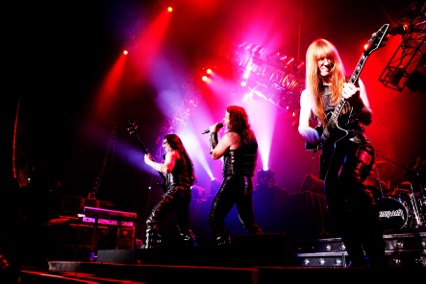 MANOWAR’s new studio album, The Lord Of Steel, will first be released worldwide on June 16, 2012 exclusively on iTunes and on the band’s own online store,
MANOWAR’s new studio album, The Lord Of Steel, will first be released worldwide on June 16, 2012 exclusively on iTunes and on the band’s own online store, 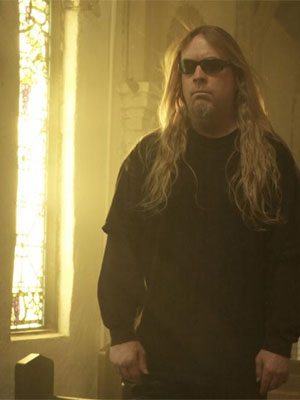 Update on Jeff Hanneman of Slayer, who has been out of condition with a necrotic spider bite:
Update on Jeff Hanneman of Slayer, who has been out of condition with a necrotic spider bite: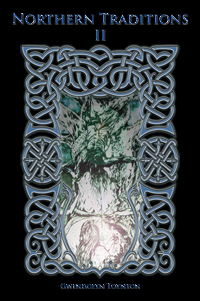 Northern Traditions is a yearly publication, of which this is the second volume. Contributions of articles, artwork, translations and poetry are now open.
Northern Traditions is a yearly publication, of which this is the second volume. Contributions of articles, artwork, translations and poetry are now open.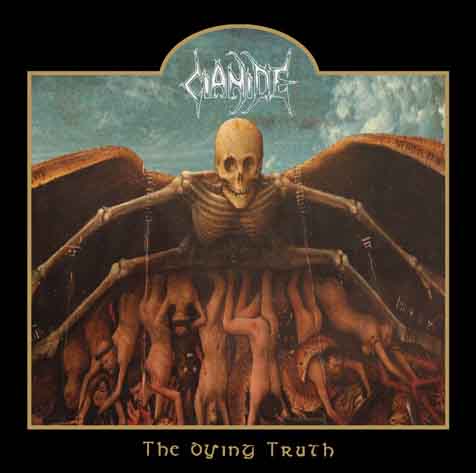 Recorded back in the hazy 1990s, The Dying Truth is a morbid sort of grindcore-influenced death metal that takes a death-doom pace with an eclectic but primitive approach to riffs.
Recorded back in the hazy 1990s, The Dying Truth is a morbid sort of grindcore-influenced death metal that takes a death-doom pace with an eclectic but primitive approach to riffs.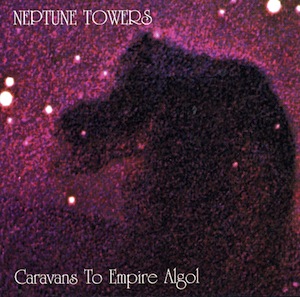 Neptune Towers’ rare 1994 debut of Ambient Soundscapes available on Peaceville for the first time.
Neptune Towers’ rare 1994 debut of Ambient Soundscapes available on Peaceville for the first time.
